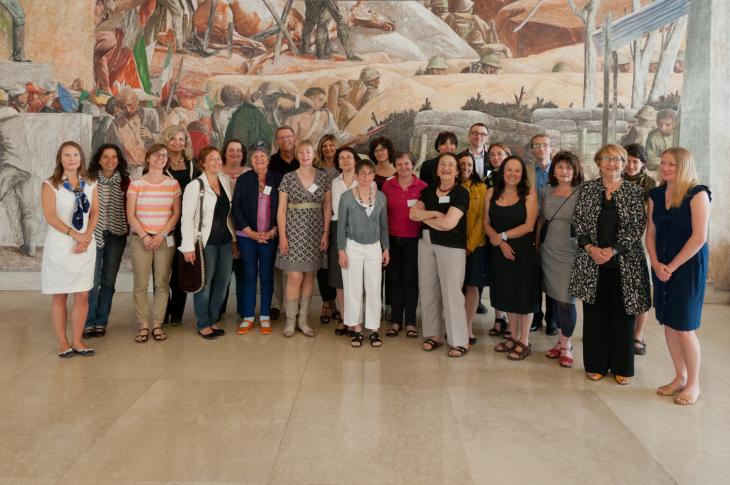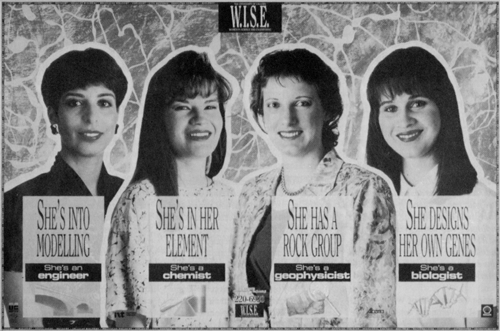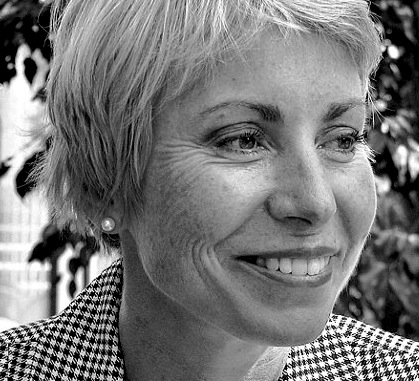What support can data feminism provide in designing more equitable policies and countering threats to democratic principles? We discussed this with Lauren Klein, Professor at Emory University in Atlanta, Georgia, and co-author of the book Data Feminism (MIT Press, 2020), ahead of Trump's inauguration at the White House
research
From Skype to WhatsApp, two sociologists investigate the transformation the research is going through with the pandemic in terms of practices and meanings. A small guide on how to conduct online interviews
Gender studies need new, courageously formulated questions and a new language to address current issues. The case of Hungary
Teaching heterodox economics in a feminist perspective requires to reduce the androcentric bias in economic ideas and also rethinking the pedagogical methods
Despite some improvements, women continue to be extremely underrepresented in science and engineering. A new research shows that girls may choose different courses in high school and college because they believe that men are better than women in math and science. Teachers can change that
Gender cannot be isolated. Gender interconnects, intermingles, intersects, with other social divisions, such as ethnicity and class. Hence the term, intersectionality
How can we make gender equality a concrete reality? How can we promote and achieve equality between women and men in responsibilities, social and or decision-making opportunities, access to and control over resources?
GenderTime (Transferring Implementing Monitoring Equality) is a EU Project with the aim of promoting structural changes in research organizations to overcome the roadblocks that women in science have to face
The Change Academy Model is at the centre of the methodological framework of the GENOVATE project. It recognises that high education institutions are highly complex social systems: so complex, adaptive and flexible ways of thinking are required in order to create changes.
No longer locked in his ivory tower, scientific research has brand new features. It must be new also the criteria by which it evaluates the excellence. In order to enhance curiosity, dedication, flexibility, diplomacy, opening in comparison. That is, the skills and competencies typically female
Norwegian women believe that there is still a lot to do, even though - with a strong political will and focused actions - they have achieved concrete results towards a greater presence of women at the top of research



















